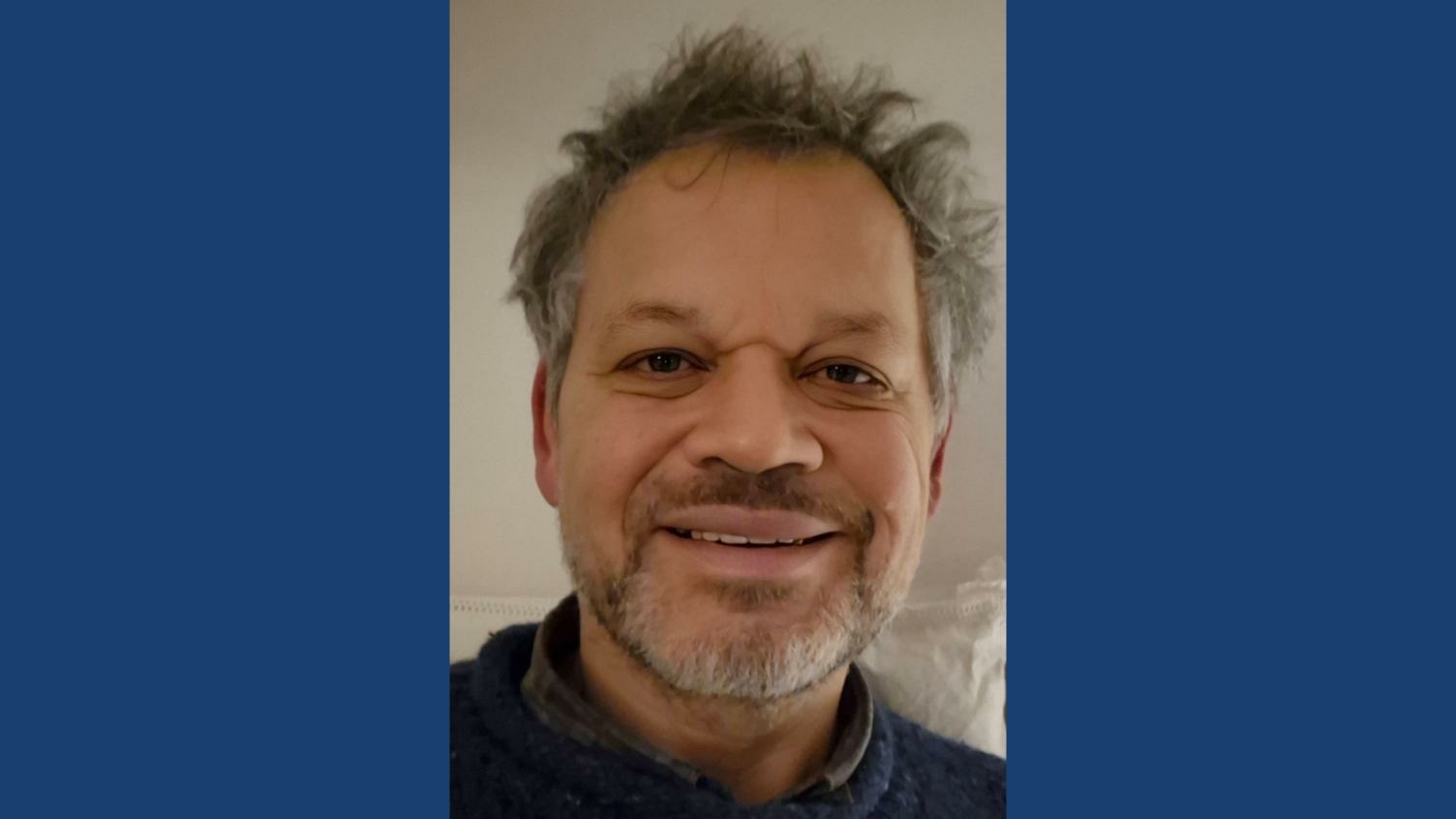Your Path In Research - Tanya Klopper
- 15 November 2022
- 3 min read
In the latest of our Your Path in Research series, we hear from Tanya Klopper, who has conducted numerous research studies in addition to her busy clinical workload, and tells us why every clinician should be doing research
Tanya Klopper is Head of Dietetics and Speech & Language Therapy at Royal Surrey NHS Foundation Trust. A passionate advocate for research, especially among Allied Health Professionals, Tanya tells us how her career has progressed.
When did you first get involved in research?
My introduction to research was completing dissertations as part of my Dietetics undergraduate and masters degrees, but my involvement in clinical trials came many years later when I joined Royal Surrey NHS Foundation Trust.
On commencing my role as Oncology Dietitian, I took the lead with recruiting into a multicentre study. This was followed by an opportunity to be seconded into the role of Research Dietitian for two years, where again I gained more valuable experience with the setting up and running of clinical trials.
My involvement now is to share my passion for research and to act as an advocate, encouraging Allied Health Professionals to integrate research into everyday clinical practice.
Why did you decide to get involved?
It is easy to think of research as something other people do. How often do you find yourself criticising a journal article you read or being exasperated with the lack of evidence regarding a topic? For me, that happens frequently, and I believe that the only way we can improve on those situations is by doing more research and getting more involved irrespective of the setting we find ourselves in.
I get a lot of satisfaction from conducting research projects. I love seeing the results of those projects, I love the impact that being research-active has on the way me and my teams work and how it stimulates us to do more. I am also inspired by patients' commitment to our studies and by how much they enjoy being part of shaping or changing our practices.
What has been the highlight of your research career so far?
For me it is seeing my vision become a reality by enabling dietitians to 'grow their own' research and be Principal Investigators for their own studies whilst combining it with their clinical practice
Why do you believe research is important?
Research is central to our work, and essential for maintaining high standards of patient care. Our practices are driven by growing our evidence base, but we can only achieve that by doing the research in the first place.
What do you love about your job?
For me, it is my teams. It is all about enabling the good in people to become greater, supporting their ideas, developing their skills and watching them grow as clinicians. Without fail that gives me the greatest job satisfaction.
Would you recommend research as a career to others?
For many people, research is a calling, and they will find their career without needing too much recommendation. My recommendation isn't about making a career out of research but to recommend incorporating research into your career. Many clinicians, particularly Allied Health Professionals are brimming with ideas to change services or practice. I would encourage them to take their ideas and do it as research. Make your ideas matter.
What are your plans and ambitions for the future?
I would like to continue what I have started and increase my Dietetic and Speech & Language Therapy team's capacity for research, while simultaneously reinforcing their clinical capacity. This approach is making research more accessible to those who don't want to become full-time researchers and because of this approach, more dietitians are becoming involved with projects.
With time, our ambition is to grow to the point where we can have a dedicated trials unit within our department and research is embedded in our culture and day to day practice.


